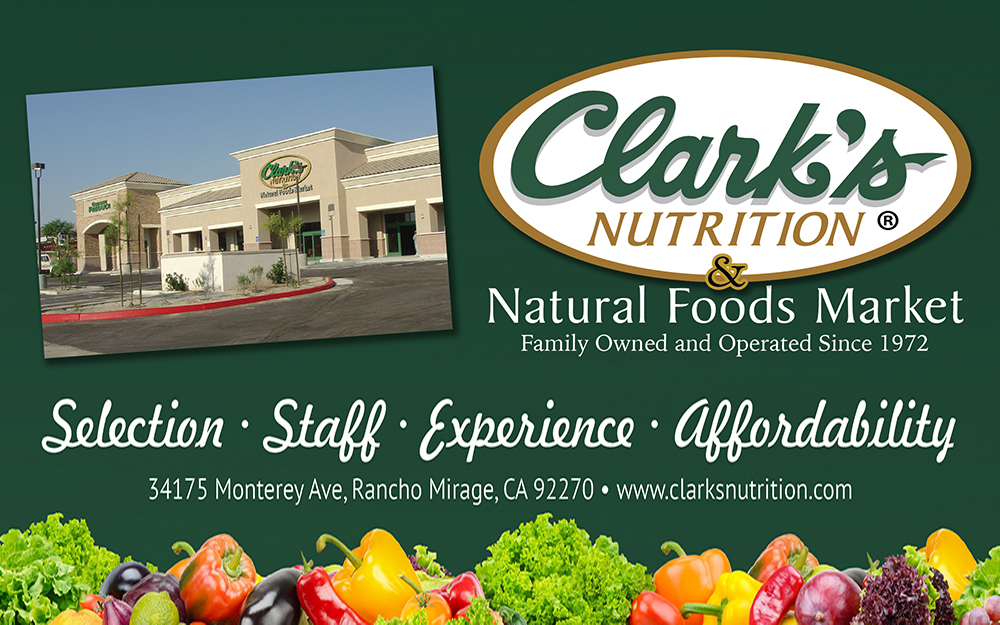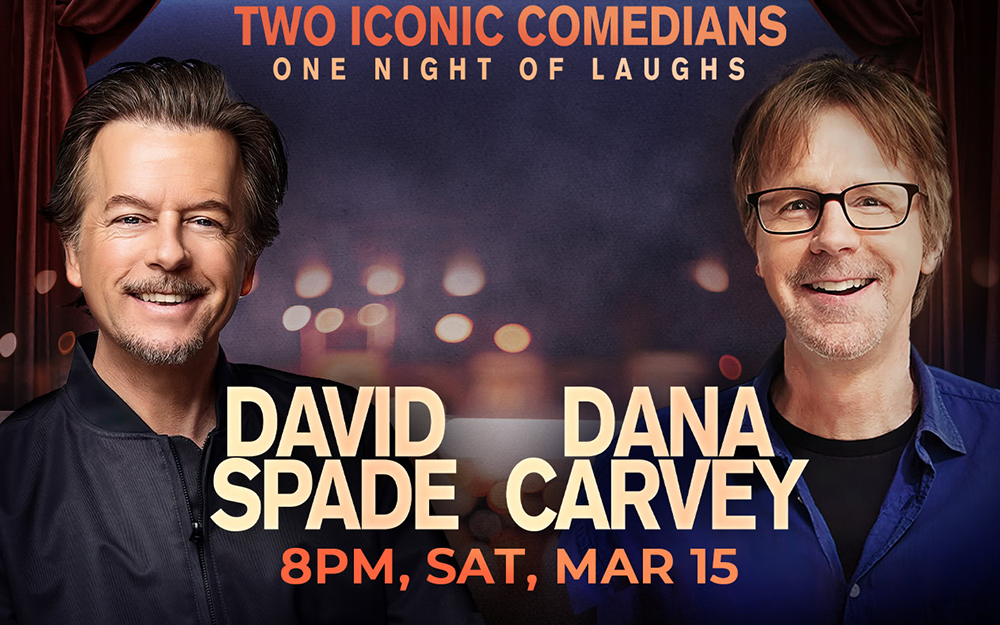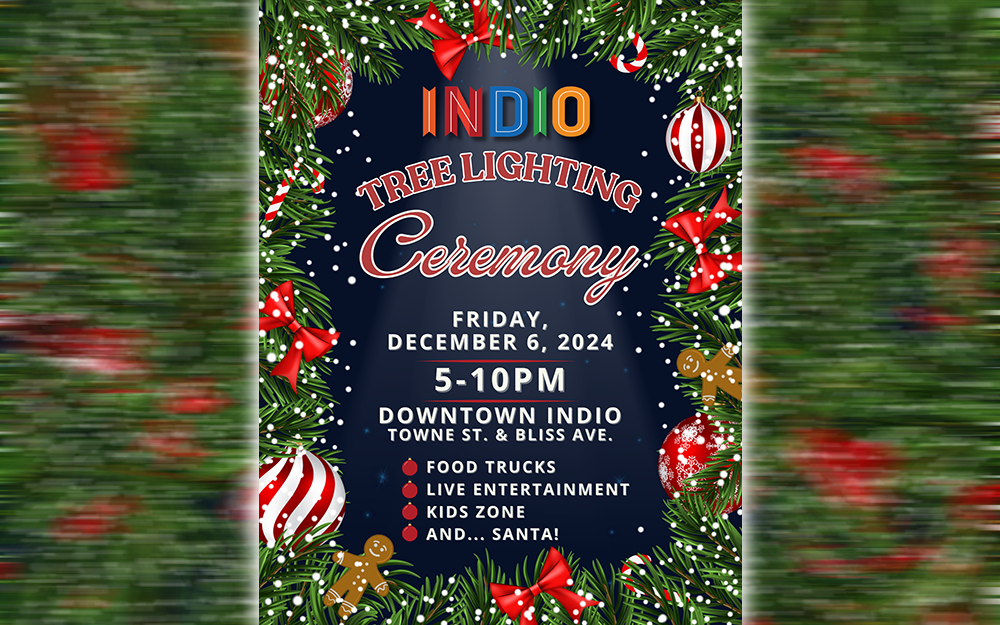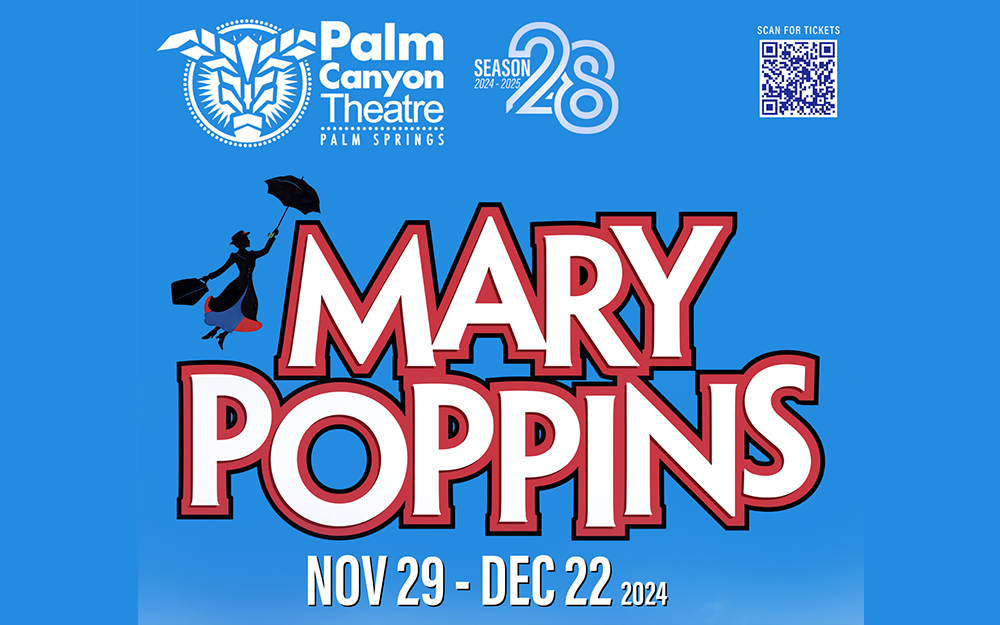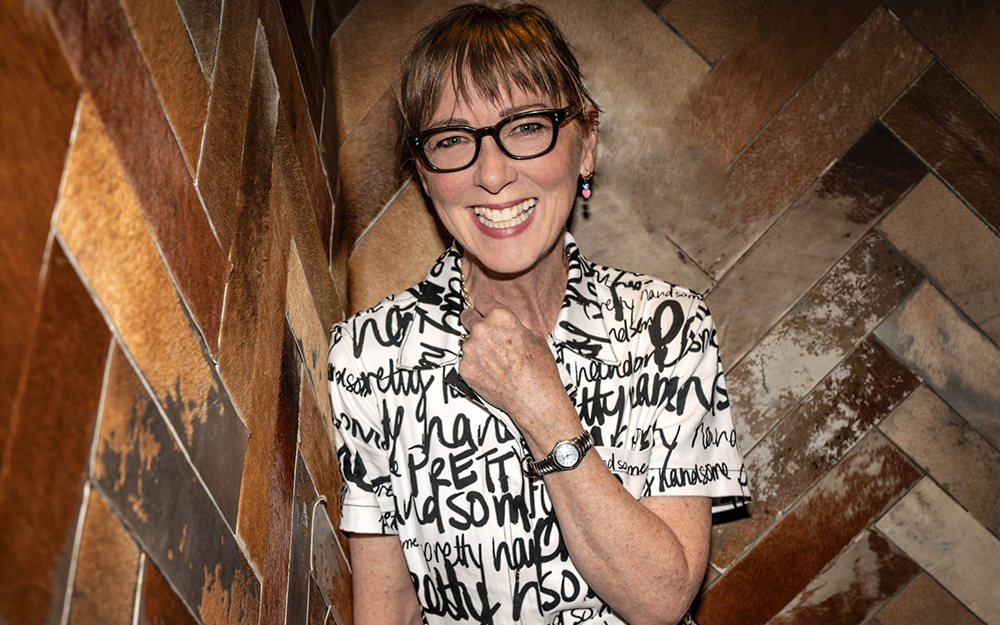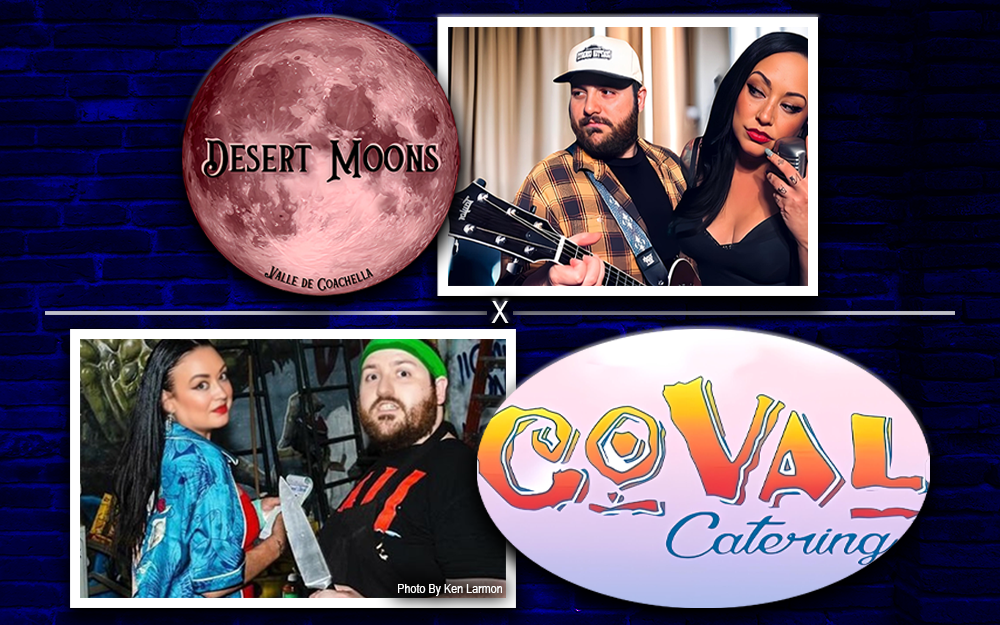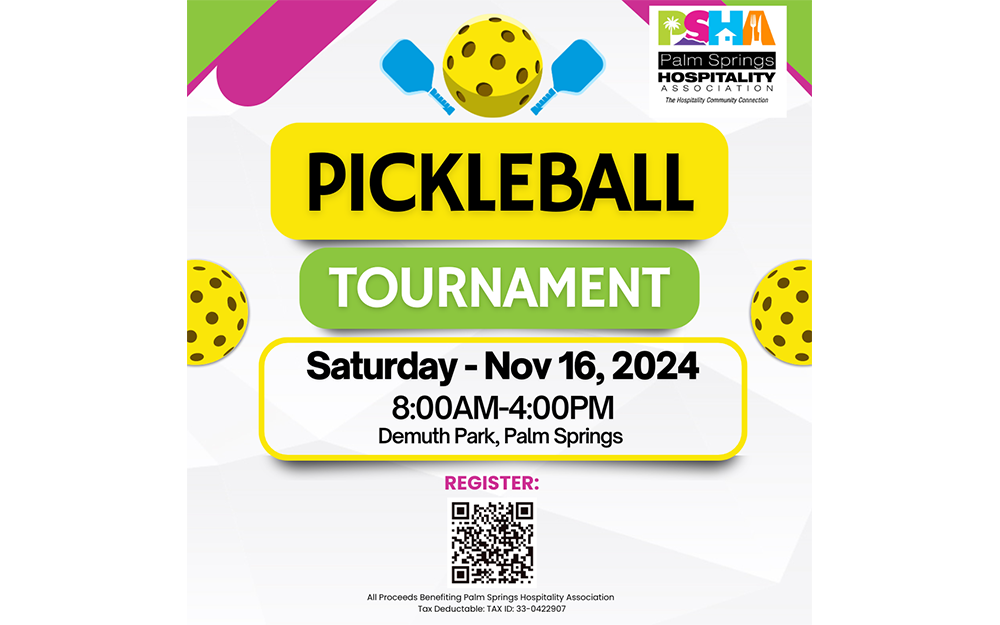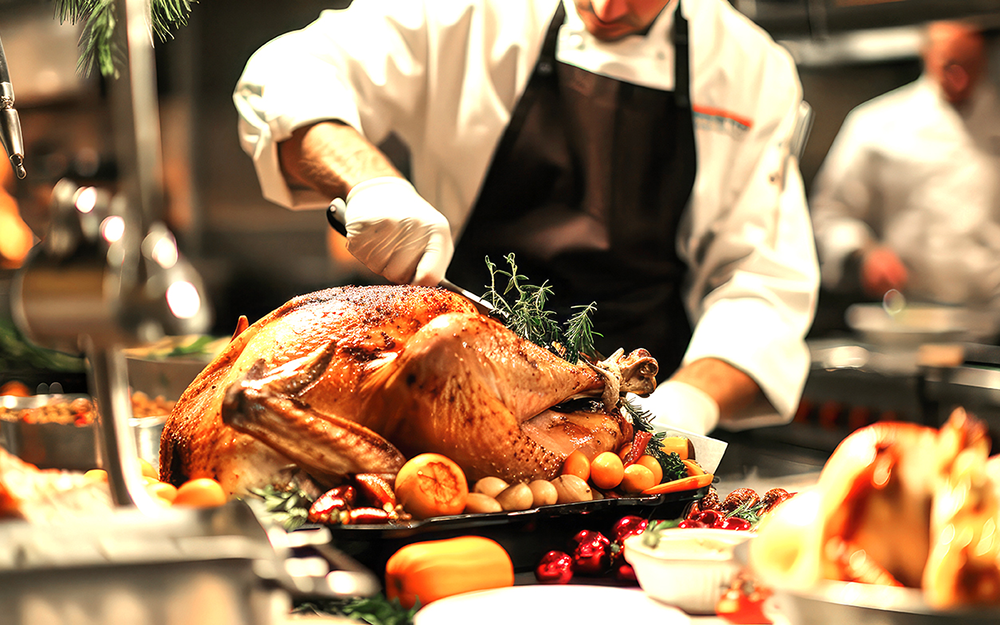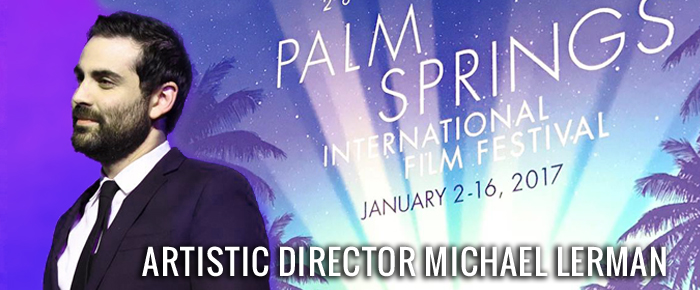
By Heidi Simmons
The Palm Springs International Film Festival is at full-speed with screenings throughout the day at six venues. Filmmakers from around the world have come to share their films with the eager community of world cinema lovers. The PSIFF is an astonishing event and a major achievement for those behind the scenes.
This year welcomes Michael Lerman as the new Artistic Director for PSIFF.
A film buff and filmmaker, Lerman is energetic and enthusiastic about creating a fun and meaningful festival experience. He is not only involved with PSIFF, but with the Philadelphia Film Festival. He is also a programmer for the Toronto International Film Festival, and the co-director of the newly formed Overlook Film Festival.
Lerman’s love for all things movies is apparent. He is knowledgeable, has a wide appreciation for the art of film and values the communal experience that movies can bring. For Lerman, sharing good films with as many people as possible is a service which gives him great pleasure and a sense of satisfaction.
Between his myriad festival obligations, CVW caught up with Lerman to find out why he enjoys his work and what makes PSIFF special.
CVW: Welcome to the Coachella Valley. Please tells us what is the role of the PSIFF Artistic Director?
ML: The role is to look over all the artistic decisions for the festival. I’m managing the programming department, all the writing for the publications, the presentations, the attending guests. It’s all about how we present ourselves.
A festival is a very collaborative effort. We have a very talented staff and it’s my job to oversee them. Together we do the best of our ability to execute the PSIFF vision.
CVW: What is your most exciting discovery as Artistic Director of the PSIFF?
ML: The audience. I introduced the movie “Boundaries” – a well-respected, female-centric film that may not get a lot of attention, but the film does really well at film festivals. The screening was packed. It’s an incredible feeling seeing the audience engage on a very deep level with the film and director. That’s very rewarding.
CVW: You have programmed for Hot Docs, the Stanley, Woodstock, Montclair and Fantastic Films festivals. What’s the significance of film festivals and why are they important?
ML: In this day and age, festivals can often be the theatrical platform. With films only being released in VOD, Netflix, and other digital platforms, having a theatrical and communal setting, where we can watch things together is important.
Also, I think there is something significant about the idea of putting films next to each other and making that a conversation. It can be very fulfilling and educational to see movies grouped together.
One part of my job in scheduling, and the schedule can dictate what you’re saying and how people feel. It’s like making a great mix-tape. The order of films, the time of day, these things are part of what you get from a film festival and wouldn’t necessarily get just going to a the movies.
There’s also films that make sense for a festival setting, but don’t get distribution. You can see films that may never get seen anywhere else. Festivals also allow for interaction with filmmakers.
CVW: What makes PSIFF unique?
ML: PSIFF has an emphasis on the Foreign Language Oscars. Between the Awards Gala and the Foreign Language Oscars submissions, we are pitched to be a major piece of that conversation.
Being near L.A. people can bring filmmakers to the festival and take them to L.A. for interviews.
We are positioned to have the “Best of 2016” films. Countries are submitting to the Oscars. But we go beyond that and say, “What are your other great films?” as well. Because of that, we also have the ability to look at what’s coming next with film premieres. We focus on the “Best.”
CVW: What are some of your favorite films in the festival?
ML: There are 190 movies in the festival I think people should be seeing. The films showing are the favorites of the thousands and thousands of films we saw last year.
CVW: Your bio says you co-run Tiger Industry Films, a production company, where you produce, direct, write and edit. In fact, you were nominated for an Independent Spirit Award in 2015. What is your passion?
ML: Film. I’m passionate about making stuff, finding stuff and sharing it with people. Those are the things that really get me excited.
CVW: Clearly, you love movies. Do you remember the moment movies became important to you?
ML: When I was five years old, my parents took me to see “Fantasia” and since, I don’t think there’s a day I haven’t watched three movies. There is not a day I haven’t thought deeply about cinema. Deep down I knew I wanted to make movies.
CVW: Why do movies matter?
ML: Because art matters. Films give us a way to talk about the world in ways that can connect people. It’s a form of communication. Film is so great because it is so many of the other art forms put into one. It is theater, music, narrative, composition.
The topper is that there is a multi-dimensional space of camera movement. You are in the hands of the director who is deciding where you are going to look, allowing full control of the piece of art.
Film is a form of art that is humanizing, relatable, thought-provoking. And that level of communication is really important.
CVW: What are some of your all-time favorite movies?
ML: This list could go on forever. But, I love Paul Thomas Anderson’s “Punch-Drunk Love.” “A Separation” by Asghar Farhadi. His film “The Salesman” is in the festival this year. Stylistically, I like “Barton Fink” by the Coen brothers.
That’s just the tip of the iceberg. My favorite from last year was “O.J.: Made in America” by Ezra Edelman. It’s a five-hour documentary and I think it might be the most important piece of cinema made about race in America.
CVW: Where do you live?
ML: That’s the most complicated question so far. I live in Toronto for six months of the year. I live here four months of the year. My partner and I will be moving to Los Angeles in between. I go where the work is. I’m American and my partner is Polish-Canadian. She has a duel citizenship. It’s a wonderful thing sharing cultures.
CVW: Outside of PSIFF, what is your favorite thing about the Coachella Valley?
ML: There is a lot of things I like. My partner and I love driving around from town to town and exploring landscapes like the Salton Sea. It’s so dramatically different. I’ve spent time in Palm Springs before, but with the festival I haven’t had that much time. But I love the pace of life here, riding bikes through town, going to the restaurants and basking in the calm.
CVW: It’s always wonderful to welcome another movie lover to town. Thank you for making the film festival great!


